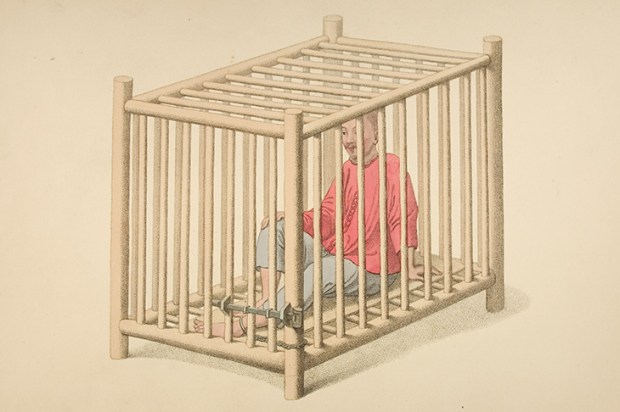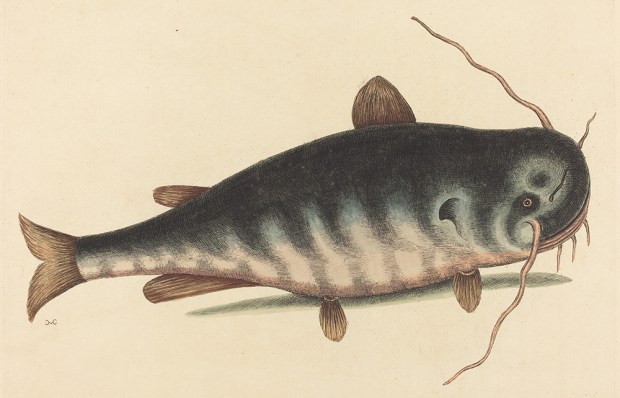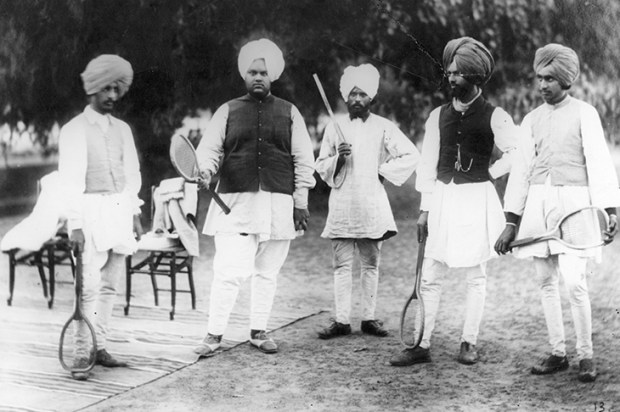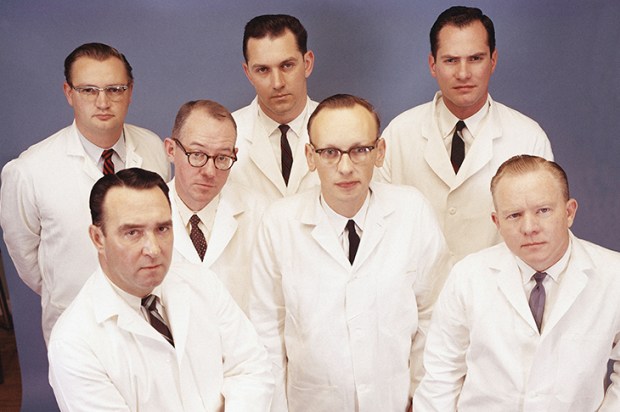Here’ s a style guide suggestion – it’s time to resurrect the word ‘Aboriginal’. With a lower case ‘a’ this means the earliest inhabitants of any bit of the globe (from the classical Latin ab origine, meaning from the origin). With an upper case ‘A’ it is slightly more specific, and means those inhabiting or occupying a country before the arrival of Europeans (Oxford English Dictionary).
This is a perfectly respectable word and has been part of English since the 1600s. From 1803, Sir Joseph Banks applied it to those members of the human family he and James Cook met when they first arrived here – and the word persisted in that usage for most of the next two hundred years. Persisted, that is, until recently.
So, why the need to revive it now? Because the politically correct have banned it, and using it will get right up their nose!
According to Yoni Bashan (writing in the Australian) there is a document being circulated amongst the bureaucrats at Treasury with the appalling title of ‘First Nations Cultural Learning Journey Map’. (Surely that must be in the running for the ‘Wokest Words of the Year’ Award?) According to this document the term ‘Aboriginal’ is out because it’s not inclusive enough.
This is a language ‘learning journey’ the politically correct have been dragging us down for some years now. They quietly shuffled away ‘Aboriginal’ some years ago and replaced it with ‘Indigenous’ – a word that simply means ‘born here’ and so accidentally included Australians of all races. But then even ‘Indigenous’ with an upper case ‘I’ was not seen as being noble enough, and it was put out to grass to be replaced by ‘First Nations.’
Perhaps uncomfortably recognising that semi-nomadic hunter-gatherers were never ‘nations’ in any coherent sense of that word, there has since been a subtle shift to ‘First Peoples’. This, of course, retains the troublesome adjective that creates a social hierarchy (who counts as ‘Second Peoples’ and ‘Third Peoples’?)
Those who know better, and who quietly fume over the racial division being imposed on Australian society, still use ‘First Peoples’ (or ‘First Nations’) because it is expected of them. Anything else might be offensive. Well, it’s time to start giving offence. Hence, my suggestion that we should revive the word ‘Aboriginal’. (Perhaps our esteemed editor could make it part of the style guide for this distinguished publication?)
When speaking or writing about our fellow Australians whose family trees go back before 1788, I propose that it should be our firm determination to use the word ‘Aboriginal’ as a revolt against the offensive absurdity of calling any Australians ‘First Nations’ or ‘First People’ or first anything!
Are you with me? Will you make this your personal style? In everything you say or write will you commit to using (appropriately and correctly) this word ‘Aboriginal’? Will you join this quiet (but insistent) movement to resist those linguistic absurdities designed to divide us along racial lines? You will? Welcome aboard!
Elsewhere, I think I can see the smoke pouring out of the ears of Philip (a Speccie reader) as he fulminates against the use of ‘impact’ as a verb. He complains of journalists who write that people have been ‘impacted by the government’s decision’ when, Philip insists, they have been ‘affected’. Is he right? Up to a point, Lord Copper. Unfortunately for Philip ‘impact’ is recorded as a verb from 1601 – so it has a distinguished heritage. At the same time, the core meaning is a ‘forceable contact’ rather than a mere effect. Hence, as so often Philip, context is everything. Tax changes may mean that we holiday in Australia this year rather than Croatia as we’d planned – those changes ‘affected’ us. But the pedestrian was ‘impacted’ by the car that ran off the road during a police pursuit. Half a point to Philip.
Got something to add? Join the discussion and comment below.
Contact Kel at ozwords.com.au
You might disagree with half of it, but you’ll enjoy reading all of it. Try your first month for free, then just $2 a week for the remainder of your first year.













